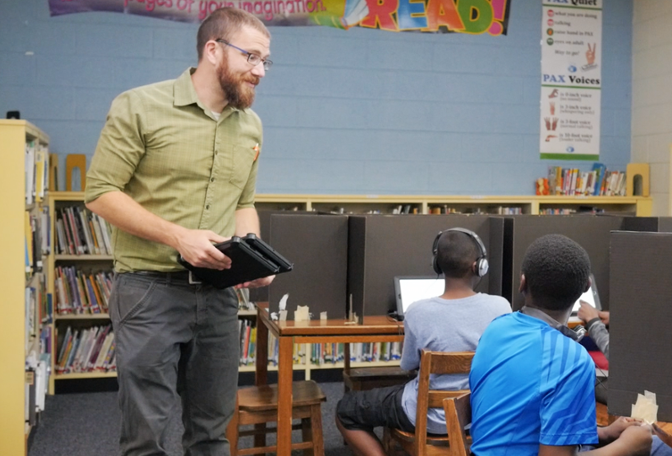Child and Adolescent Clinical Services
Evidence-based practice (EBP) integrates “best available research with clinical expertise in the context of patient characteristics, culture, and preferences” (APA Council of Representatives, 2005). Dr. Felver identifies as a scientist-practitioner and he adheres to the highest standards in his clinical practice; he only utilizes validated EBPs in his work.
Cognitive-Behavioral Therapy (CBT) is an effective EBP for a range of problems commonly experienced by youth including depression, anxiety, ADHD, trauma, and other social-emotional concerns. CBT teaches individuals to identify and modify thoughts and behaviors that interfere with their functioning and quality of life. Dr. Felver primarily uses CBT in his practice.
Mindfulness in a secular Western context is commonly defined as “…the awareness that emerges through paying attention on purpose, in the present moment, and nonjudgmentally to the unfolding of experience moment by moment.” (p. 145, Kabat-Zinn, 2003). Dr. Felver has over 20 years of experience practicing and teaching mindfulness, and he integrates mindfulness programming into his clinical work to promote stress-reduction, awareness, and self-acceptance.
Inclusive and contextually tailored practice. Every individual has their own unique cultural heritage and family history that affects their daily lives. Dr. Felver is highly interested in understanding each client’s lived experiences to create individually tailored treatment plans that are in-line with client values, goals, and cultural contexts.

Evidence-based practice specializing in Cognitive-Behavioral Therapy (CBT) and mindfulness programs for youth and families
Dr. Felver specializes in the treatment of common behavioral and mental health concerns experienced by youth, including:
Anxiety
Attention-deficit/hyperactivity disorder (ADHD)
Depression
Obsessive-compulsive disorder
Post-traumatic stress disorder
School functioning (e.g., homework completion, school refusal)
Stress management
Social skills
Dr. Felver also provides services for other low-incidence problems in youth as part of a multi-disciplinary treatment team (e.g., psychiatrist, pediatrician), and he evaluates whether such potential clients are an appropriate fit for his solo private practice on a case-by-case basis. Low-incidence problems include:
Bipolar Disorder
Developmental disorders
Schizophrenia/Psychotic Disorder
Youth with complex medical diagnoses
Dr. Felver does not currently provide services for the following:
Adults (>21 years of age)
Comprehensive psychological/neuropsychological evaluations
Eating disorders
Evaluations for any forensic/legal purposes (e.g., parent custody, suspected abuse, special education determination)
Family/marital therapy
Youth with substance abuse concerns